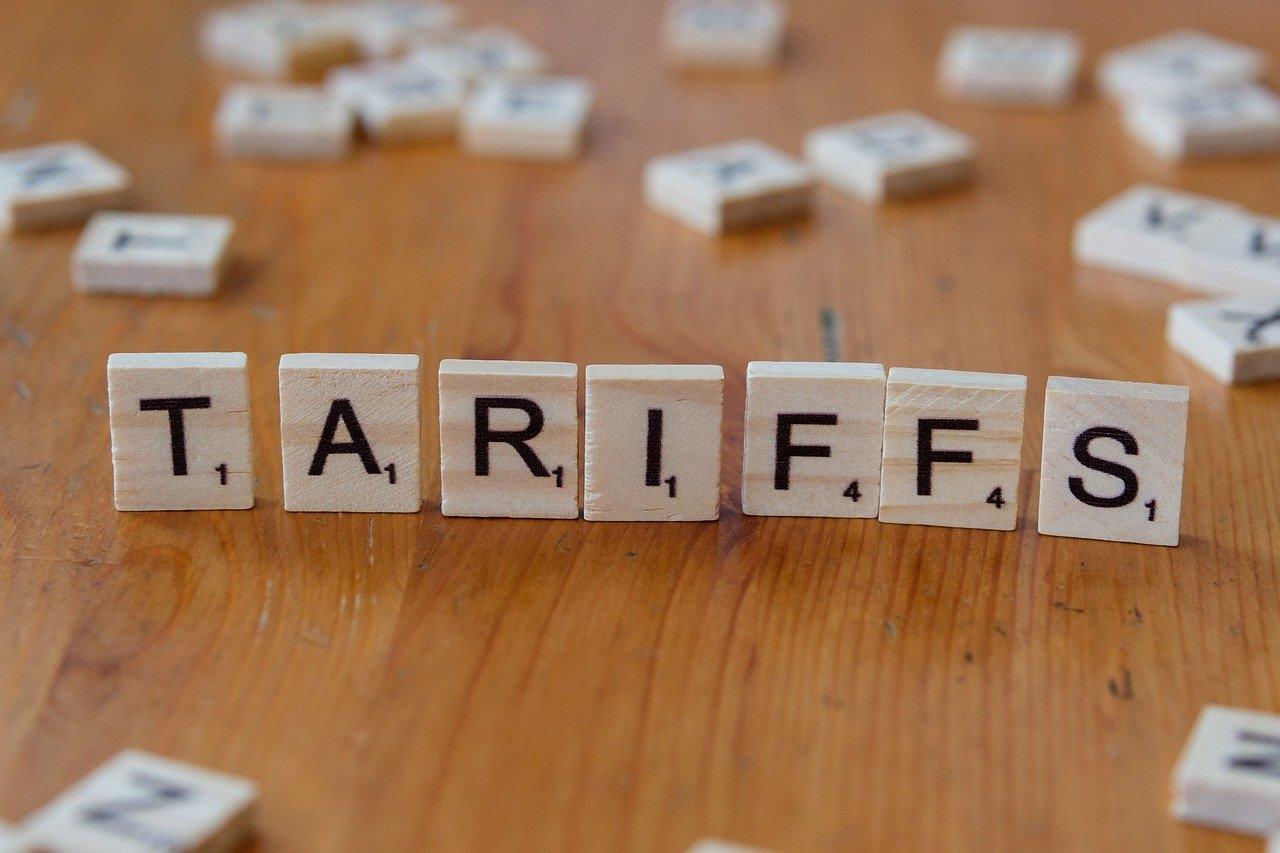
403
Sorry!!
Error! We're sorry, but the page you were looking for doesn't exist.
Trump, Japanese PM Stall on Tariffs, Hand Talks to Ministers
(MENAFN) A face-to-face meeting between Japanese Prime Minister Shigeru Ishiba and U.S. President Donald Trump on Monday ended without a breakthrough on contentious tariff issues, though both nations pledged to keep negotiating.
According to a statement released by the Japanese Foreign Ministry, the discussion was described as “candid,” with both leaders agreeing to task their respective ministers with intensifying bilateral talks. “They would instruct the ministers in charge to further advance their consultation,” the statement read.
The conversation took place on the sidelines of the G7 summit and focused heavily on U.S. tariff policy, which has become a flashpoint between the two allies. Despite the dialogue, the meeting failed to produce tangible progress on bridging their differences.
"We have yet to reach a deal as a package because we remain apart over certain aspects," Ishiba told reporters after the 30-minute discussion in Kananaskis, according to media reports.
He emphasized that any future agreement must deliver mutual benefits, noting that discussions at the ministerial level would continue to work toward that goal. Ishiba added that Tokyo is not ready to accept a framework that fails to serve both nations’ interests.
Highlighting the divergence between the two sides, Ishiba said the countries were still struggling to reach a "mutually beneficial" arrangement regarding Washington's so-called "reciprocal" tariffs.
The meeting illustrated the challenges both countries face in trying to find common ground. While the U.S. granted Japan and several other nations a temporary 90-day exemption from the controversial tariffs, the broader strategy—targeting a range of goods from automobiles to steel and aluminum—has triggered unease in Japan, where exports are a key economic driver.
"We should not say how much progress we have made because an agreement as a package is everything," Ishiba said. "We negotiated over the possibility (of a deal) until the last minute."
President Trump offered little detail following the meeting but described it simply as having gone “well.”
Beyond trade discussions, Ishiba and Trump reiterated their dedication to strengthening the U.S.-Japan partnership. According to a statement from Japan, the two leaders pledged to collaborate in advancing a free and open Indo-Pacific region and to play a greater role in supporting global peace and stability.
According to a statement released by the Japanese Foreign Ministry, the discussion was described as “candid,” with both leaders agreeing to task their respective ministers with intensifying bilateral talks. “They would instruct the ministers in charge to further advance their consultation,” the statement read.
The conversation took place on the sidelines of the G7 summit and focused heavily on U.S. tariff policy, which has become a flashpoint between the two allies. Despite the dialogue, the meeting failed to produce tangible progress on bridging their differences.
"We have yet to reach a deal as a package because we remain apart over certain aspects," Ishiba told reporters after the 30-minute discussion in Kananaskis, according to media reports.
He emphasized that any future agreement must deliver mutual benefits, noting that discussions at the ministerial level would continue to work toward that goal. Ishiba added that Tokyo is not ready to accept a framework that fails to serve both nations’ interests.
Highlighting the divergence between the two sides, Ishiba said the countries were still struggling to reach a "mutually beneficial" arrangement regarding Washington's so-called "reciprocal" tariffs.
The meeting illustrated the challenges both countries face in trying to find common ground. While the U.S. granted Japan and several other nations a temporary 90-day exemption from the controversial tariffs, the broader strategy—targeting a range of goods from automobiles to steel and aluminum—has triggered unease in Japan, where exports are a key economic driver.
"We should not say how much progress we have made because an agreement as a package is everything," Ishiba said. "We negotiated over the possibility (of a deal) until the last minute."
President Trump offered little detail following the meeting but described it simply as having gone “well.”
Beyond trade discussions, Ishiba and Trump reiterated their dedication to strengthening the U.S.-Japan partnership. According to a statement from Japan, the two leaders pledged to collaborate in advancing a free and open Indo-Pacific region and to play a greater role in supporting global peace and stability.

Legal Disclaimer:
MENAFN provides the
information “as is” without warranty of any kind. We do not accept
any responsibility or liability for the accuracy, content, images,
videos, licenses, completeness, legality, or reliability of the information
contained in this article. If you have any complaints or copyright
issues related to this article, kindly contact the provider above.


















Comments
No comment